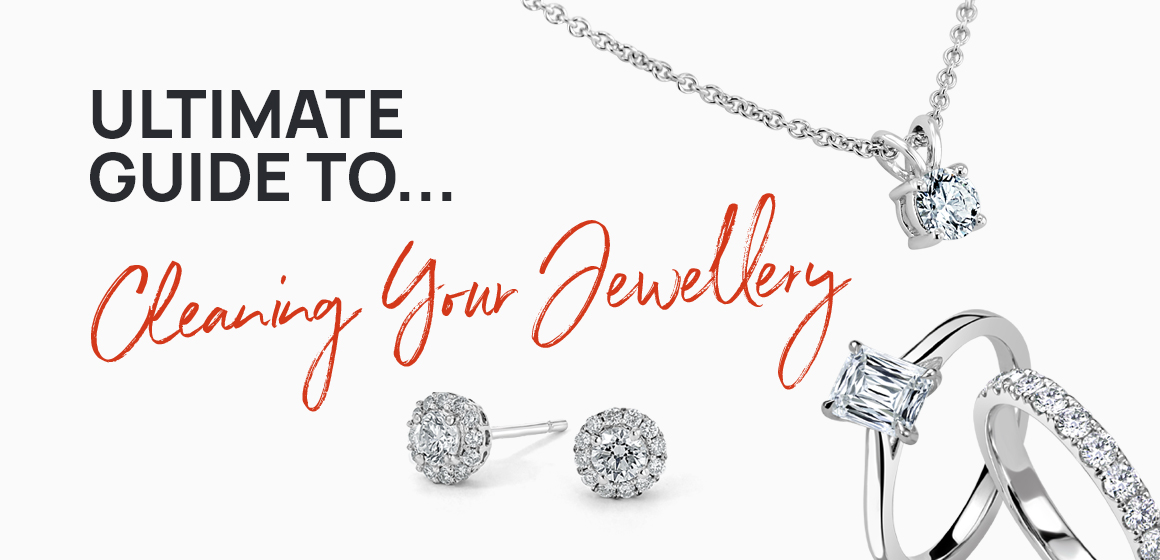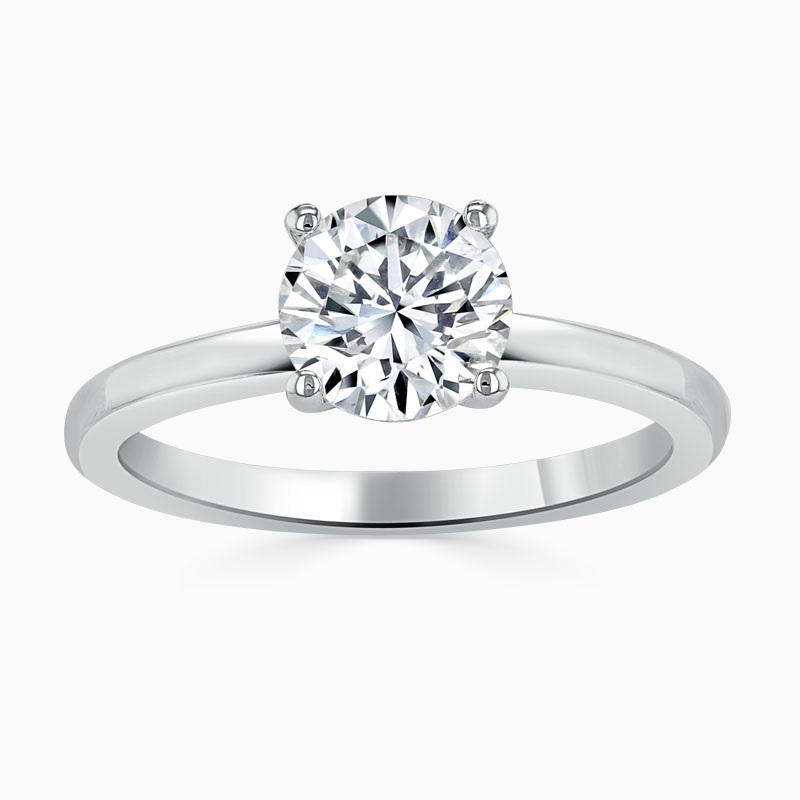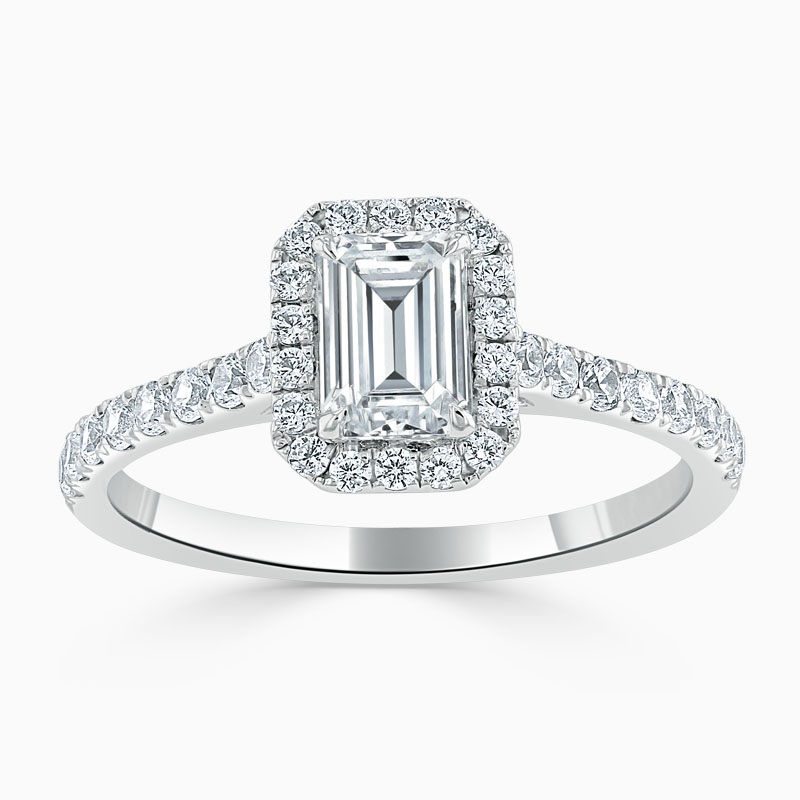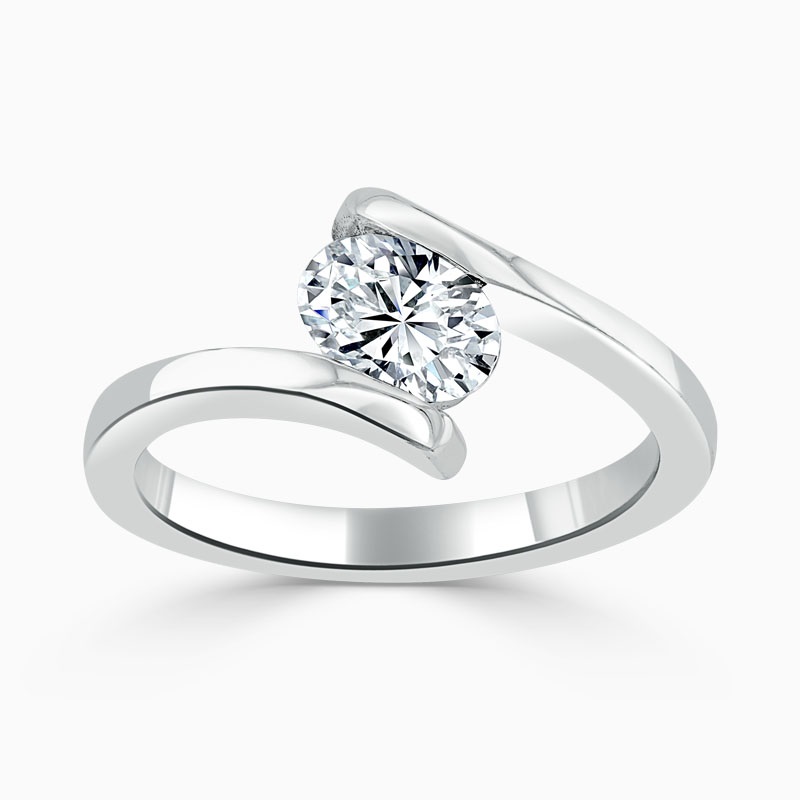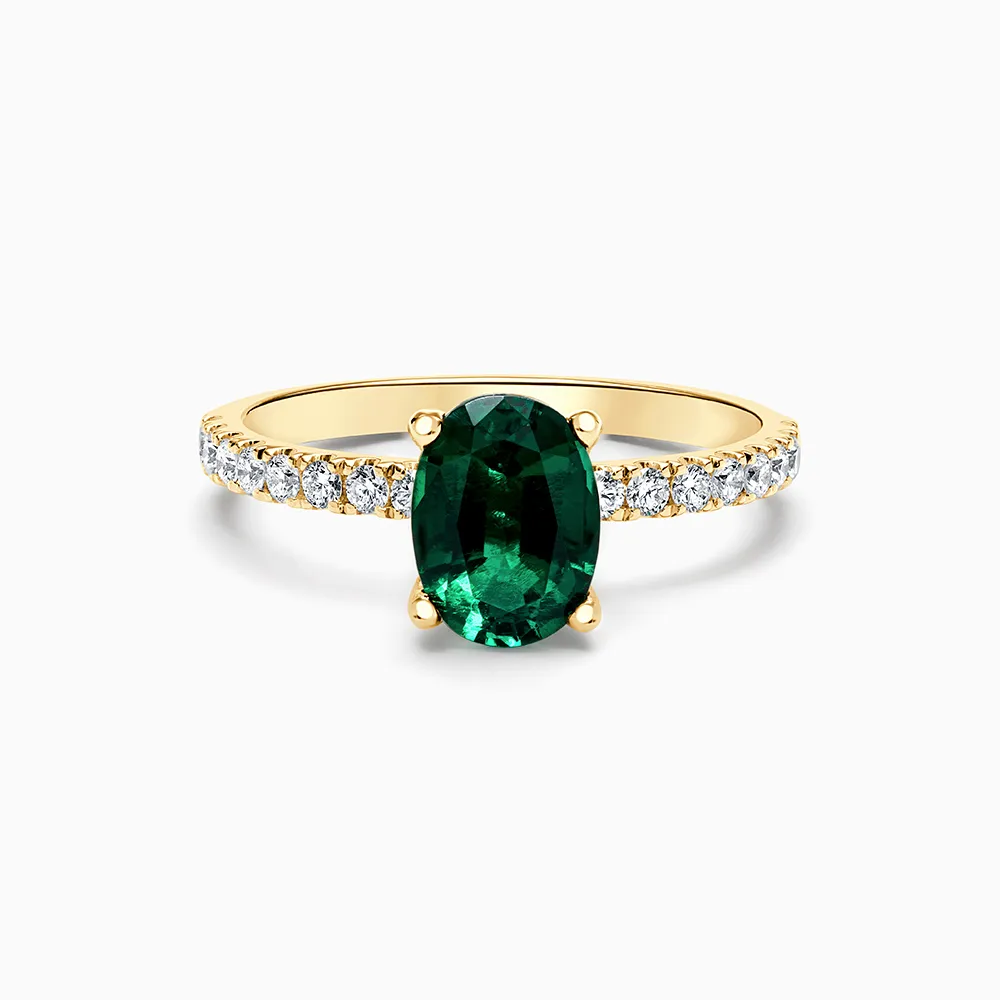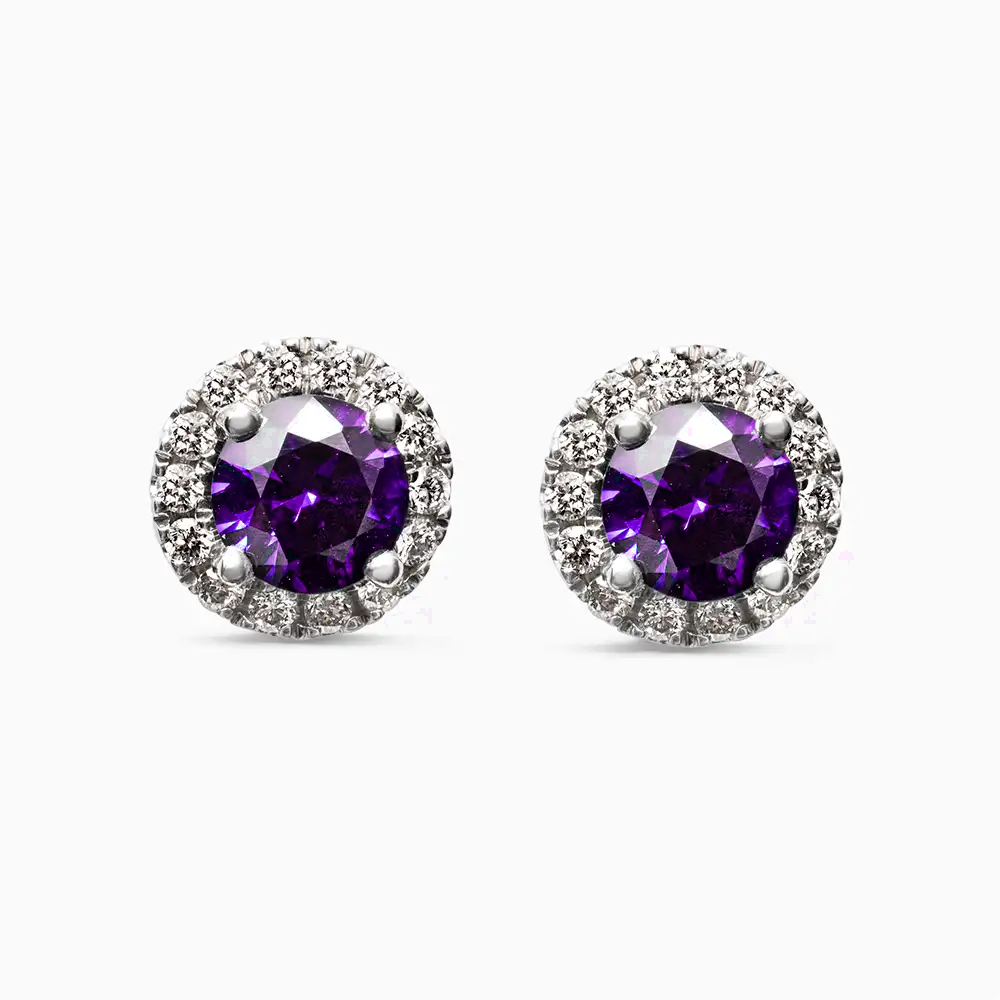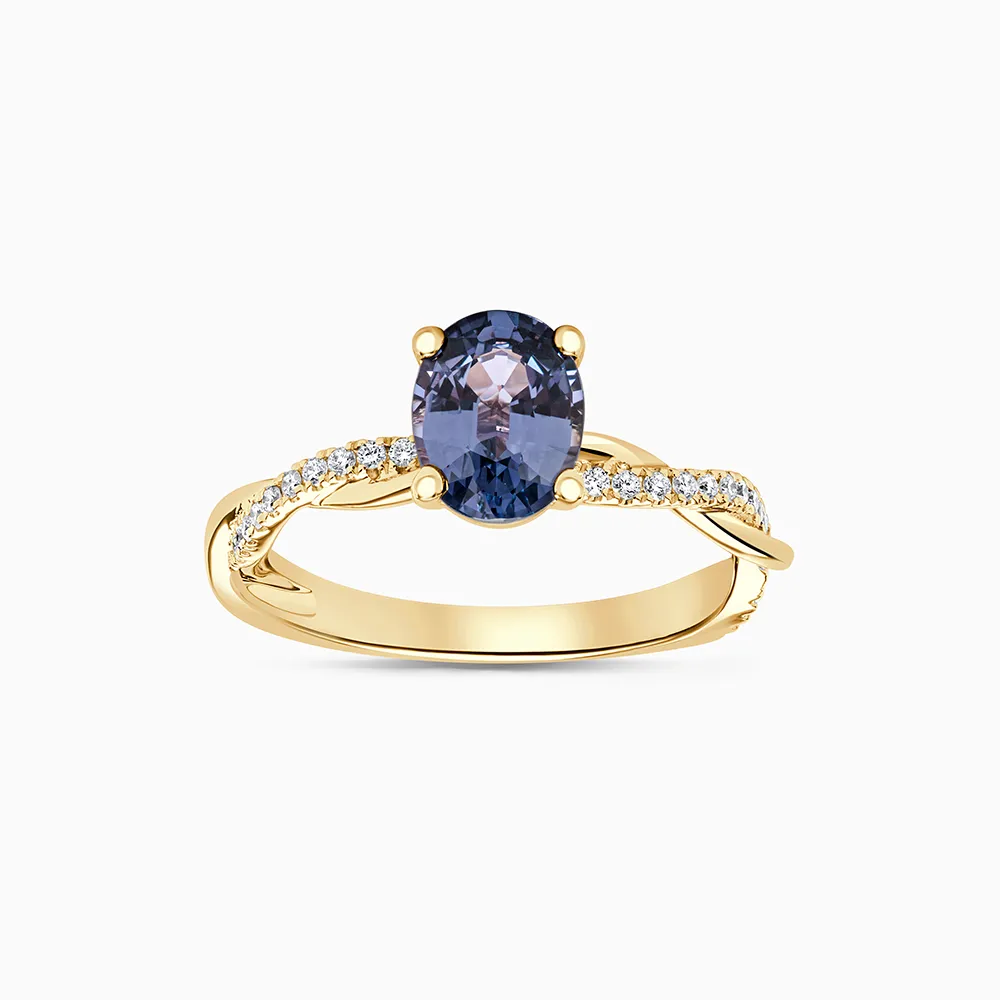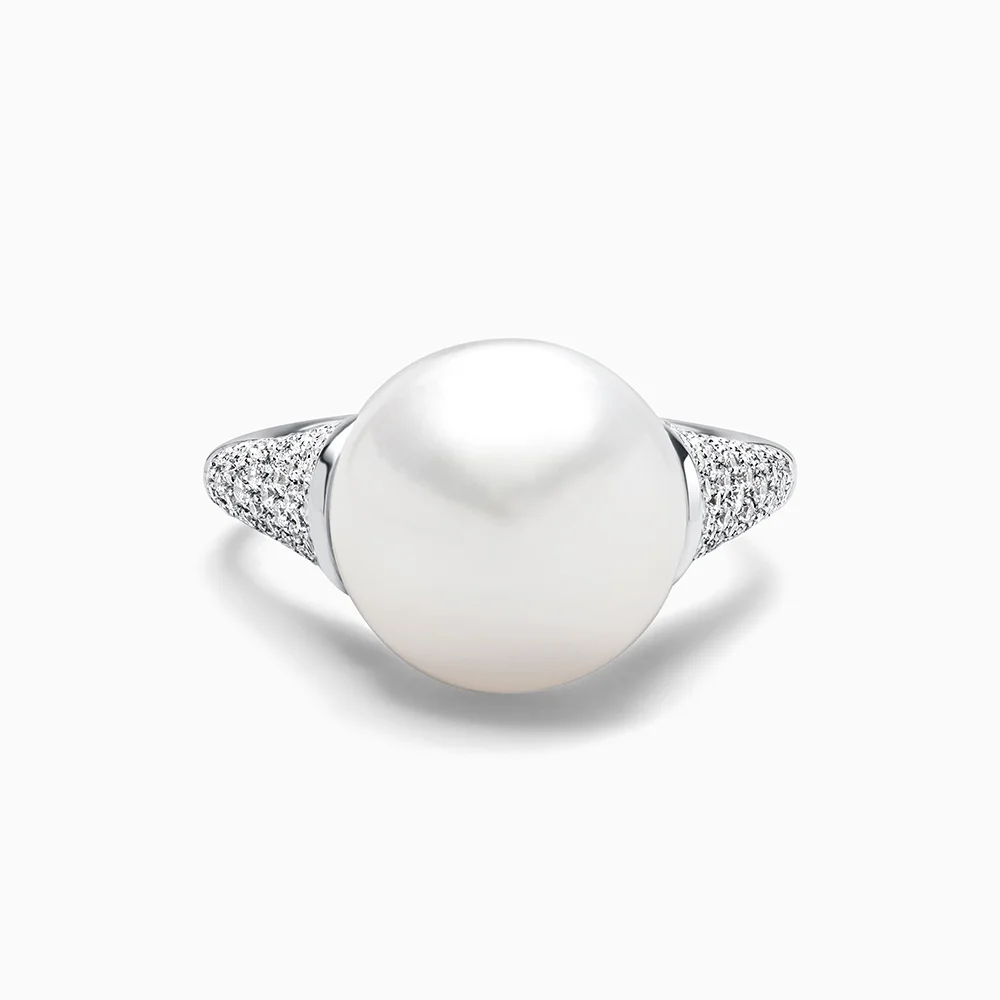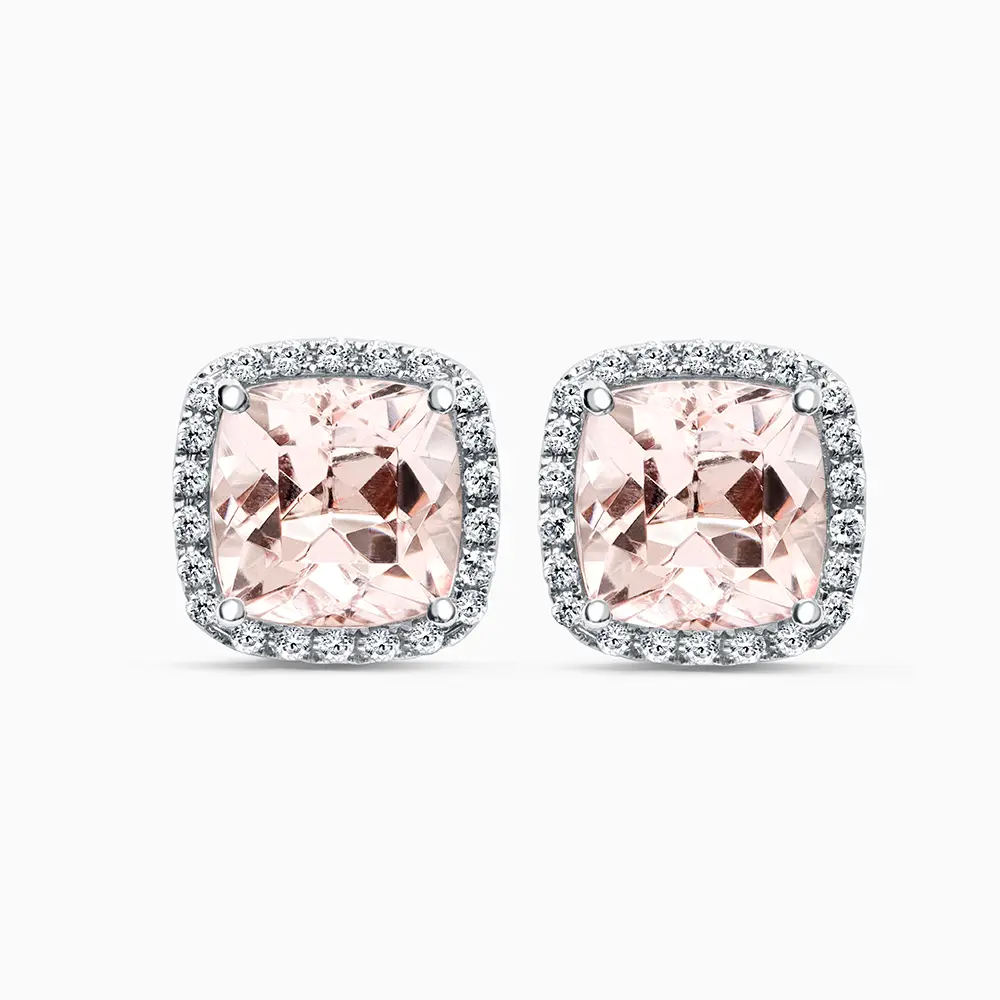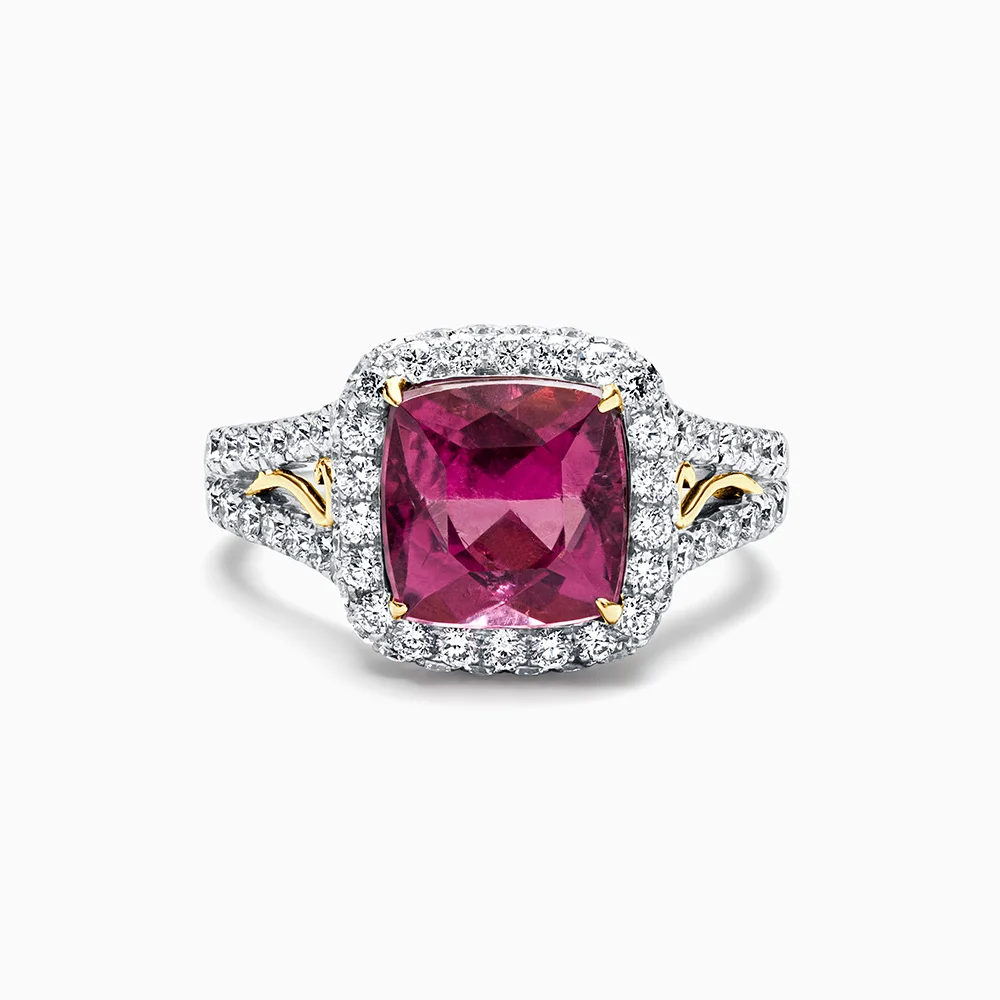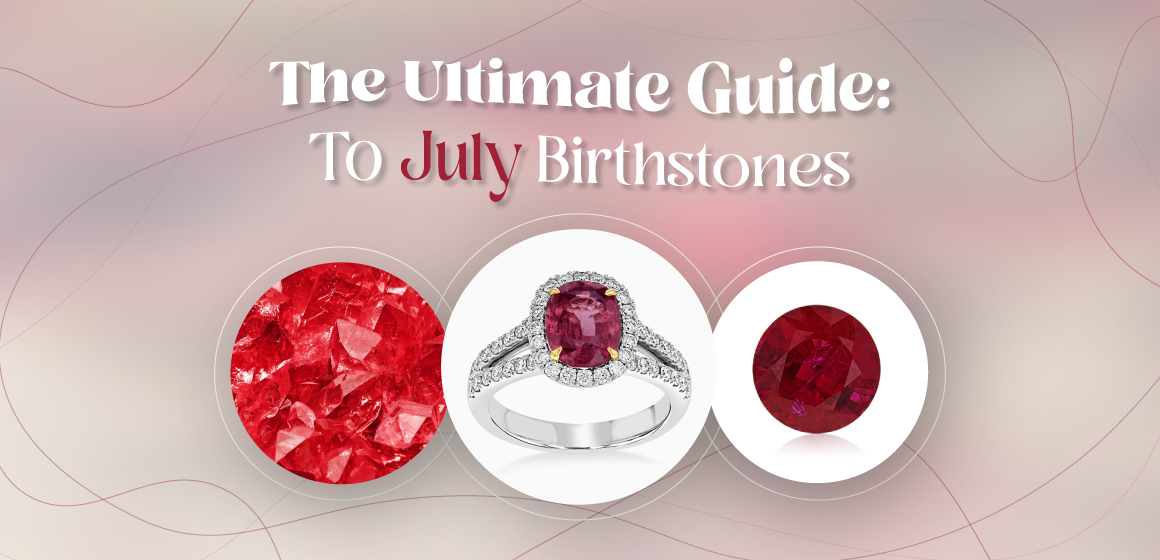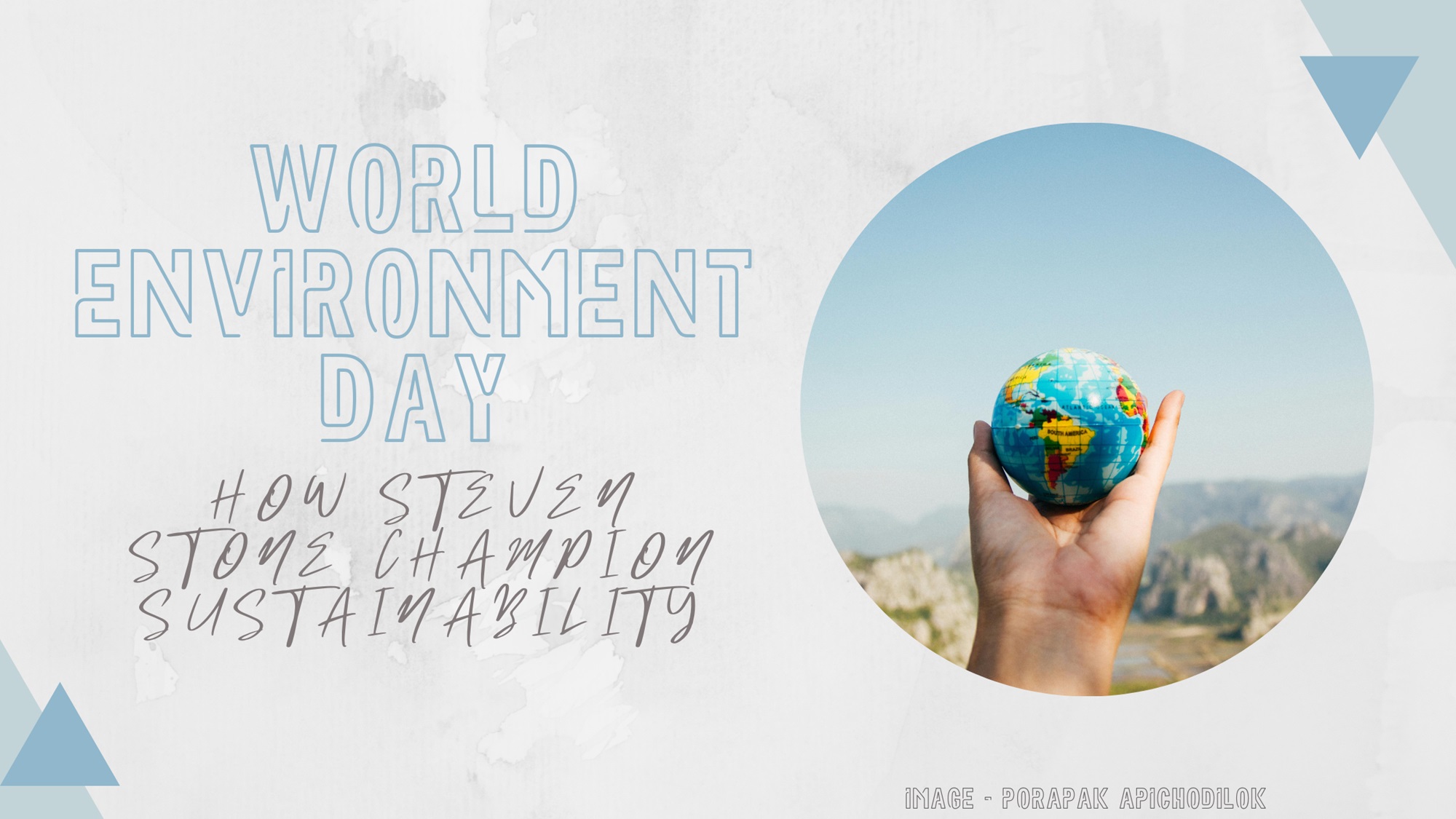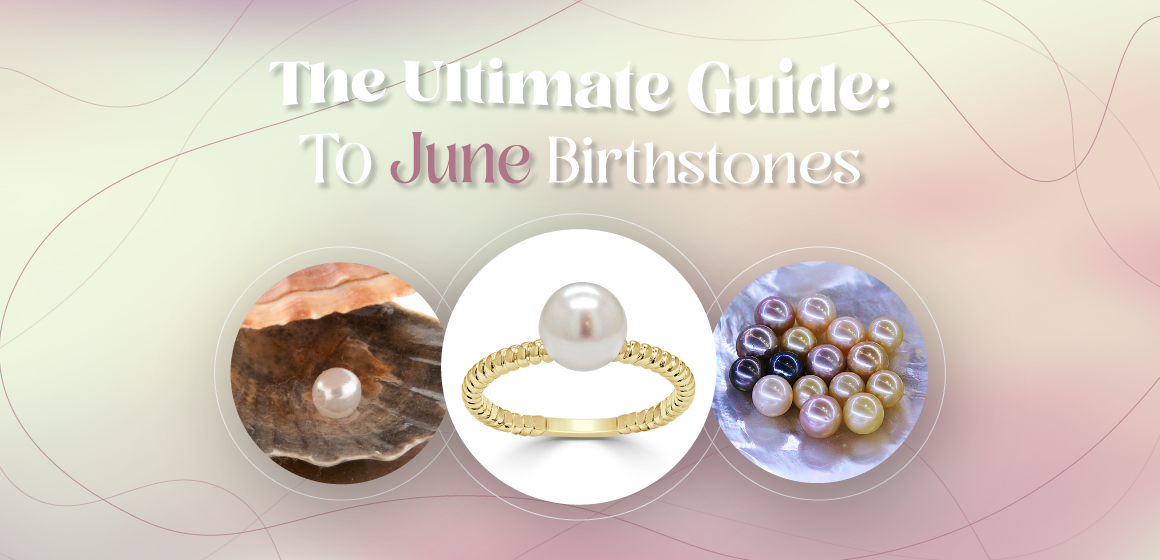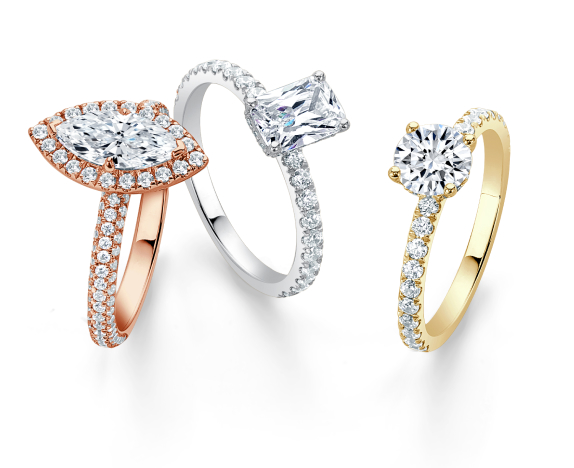Jewellery is often an investment and, for many people, their precious gems are of great sentimental value. Therefore, it’s important to take care of your jewellery to make sure they look their best for years to come.
Fine jewellery and engagement ring experts at Steven Stone have put together the ultimate guide to cleaning your jewellery.
Before Cleaning
Before cleaning, make sure you have inspected the condition of the piece and only proceed if all claws and stones are secure. Look out for areas that are congested with excess dirt.
All tools used for jewellery cleaning should be used for this purpose only, as remaining chemicals might damage the jewellery. Preferably store your cleaning cloths in plastic packets, away from dust or humidity, as they might contaminate the cloth and eventually scratch or stain the precious stone. We recommend using a bowl when cleaning jewellery, in case a stone falls off or to prevent your precious jewels from falling in the drain.
Diamond Maintenance
According to GIA, diamonds naturally attract grease and need to be cleaned on a regular basis to preserve their sparkle and fire. Our recommended cleaning method doesn’t require any special equipment or detergents. Simply soak your diamond engagement ring in a bowl of warm water and washing up liquid. After soaking, gently polish using a cotton towel or scrub dirt off gaps and engravings with a soft toothbrush and rinse with clean water.
By all means, avoid using harsh chemicals or bleach on the diamond and metal – they can irreversibly damage gold, silver and platinum.
What To Do If Your Diamond Engagement Ring Breaks
Engagement rings are worn daily and are constantly exposed to chemicals and external influences. They symbolise the beginning of your marriage, but substantially are just an object. Just because they broke doesn’t have to mean it’s a bad sign, it’s most likely a sign of harsh impact or poor craftsmanship.
Here is what to do if your engagement ring breaks: Examine the ring – before you proceed to the jewellers, make sure that you’ve noted all of the breakages and missing stones. If you noticed the place where the ring broke, search for any missing stones. Once you have all parts, securely pack the ring and take it to the jewellers. Don’t try to fix it yourself, as you might end up breaking it even more.
Gemstone Maintenance
Just like diamonds, gemstones do not require any specific equipment or detergents. The recommended, universal cleaning method for all gemstone rings and gem set jewellery is simply wiping the gem clean with a soft cotton towel. Alternatively, you could use a soft brush and dishwashing soap.
Please bear in mind that some gemstones should not be soaked and contact between gemstones and any chemicals, perfumes and beauty products is not recommended, as they can dull or pit softer gemstones and permanently damage the jewellery metal.
Tips on keeping your jewellery clean
– Always remove all diamond and gemstone engagement rings and jewellery before using chemicals, physical activity and exposure to extreme temperatures.
– Make sure that you clean your jewellery after use, to wipe off excess skin oils and make up from the metal and precious stone.
– When getting dressed, always put your jewellery on last and remove first, to avoid contact with perfume, hairspray and other beauty products. Alcohol and perfumes are often used as a simple and effective mean to remove dirt and kill bacteria, however they need to be used with caution. While alcohol is safe for all precious metals and most gemstones and diamonds, it may permanently damage pearls and opals.
– Chlorine in swimming pools can irreversibly damage not only coloured gemstones, but precious metals as well. Avoid contact between your jewellery and any bleaching chemicals, including hydrogen peroxide – an ingredient in hair dyes which can dissolve gold.
– Many gemstone varieties can fade in colour when exposed to direct sunlight. This particularly applies to amethyst, citrine, smoky quartz and especially opal rings and jewellery. Opals and emeralds require special care and great caution when worn and stored, as strong sunlight may dry out the water in the stone and cause hazing or colour change. Ideally, avoid wearing jewellery on the beach and when exposed to high temperatures for prolonged periods, as a combination of friction between the skin and jewellery may cause skin irratation and sweat and heat may dull the precious metals and gemstones. Another good reason to remove engagement rings and wedding rings when exposed to extreme temperatures is finger size fluctuation.
– Keep your jewellery in a clean, dry place such as a fabric-lined jewelry case, or in a box with compartments and dividers to prevent pieces from scratching each other.
If you need help with cleaning your jewellery or engagement ring, feel free to visit one of our stores and consult our experts. We have showrooms in Manchester, Cheshire and London.
Follow us on our socials
Pop over to our social platforms to keep up to date with Steven Stone’s latest jewellery content and news.
